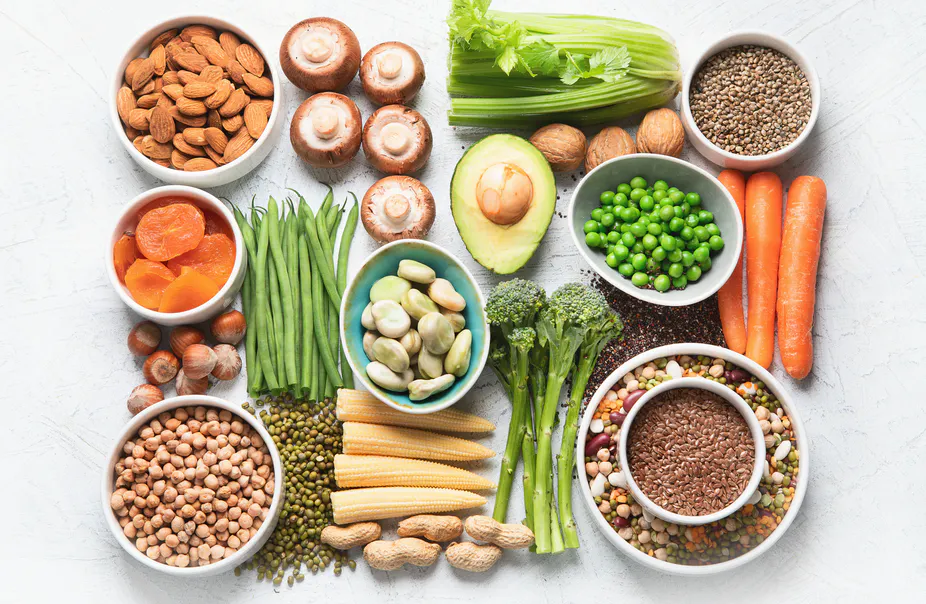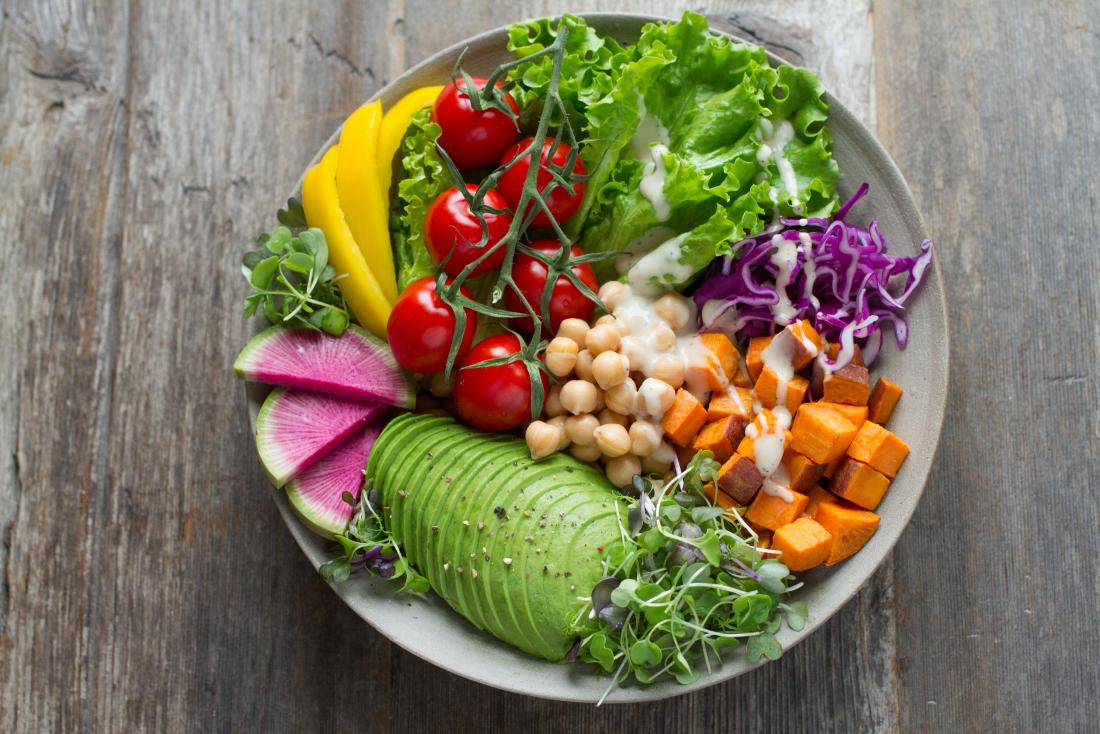The Kitchen
The Benefits of Freshly Made Food From Us
Never frozen, Nutrient filled
Eating freshly-grown fruits and vegetables is the best way to ensure no preservatives, chemicals or dyes have been added to your food.
Produce actually loses its nutritional value over time, so the quicker it’s eaten, the more nutrients that can be gained from it.
- Fresh food tastes better
- Salads are fresh and crispy for longer
- Fresh food contains the vitamins nature intended
Our Foods Contain Plenty of Slow Release Carbs; These Are Healthier And Keep You Fuller For Longer
Why We Use Slow Release Carbs
Healthier & more filling
Most breads, white rice, breakfast cereals, white potatoes, soft drinks and baked goods contain carbohydrates that are quickly broken down into sugars. Quick-release carbs cause a sharp and rapid rise in your blood sugar levels, increasing the risk of weight gain and type 2 diabetes.
Slow-release carbs are the healthier option to keep your blood sugar level more stable between meals and ensure you feel more satiated.
Unless your diet is sharply carb-restricted, it is better to skew each meal toward healthy, unprocessed carb-containing food including fruit, vegetables, legumes and whole grains – along with proteins and healthy fats. Your carb count, and ratio of slow to fast carbs, will usually fall into line as a result.
Whole Grains
Your body digests whole grains slower than refined grains, which have been stripped of their bran and germ, and thus fiber, and are absorbed almost as quickly as pure glucose. Whole grains such as whole-wheat breads, bagels, pasta and crackers, and 100 percent bran cereal provide a slower, more sustained source of energy that keeps your blood sugar stable. Quickly absorbed, refined carbohydrates are linked to Type 2 diabetes, heart disease and weight gain, notes the Harvard School of Public Health. Whole grains may decrease your risk of these conditions.
Fruits & Vegetables
Most fruits and vegetables are slowly absorbed carbohydrates that have minimal effect on your blood sugar and insulin levels. Eat green vegetables, such as spinach, kale and broccoli; and orange vegetables, such as squash, pumpkin, sweet potato and winter squash. Vegetables that are quickly absorbed include white potatoes, corn and parsnips. Whole fruits are preferable to fruit juice, which is absorbed rapidly due to its lack of fiber.
Beans
Not only are beans an excellent source of slow-release carbohydrates, they’re also a good source of protein and fiber, which slow the digestive process. Beans, like whole grains, and most fruits and vegetables have a low glycemic index, a measurement that gives information on how a food affects blood sugar and insulin levels. Include lentils, garbanzo beans, black beans, pinto beans and other beans in your diet for sustained energy and reduced risk of chronic diseases like Type 2 diabetes and heart disease.






